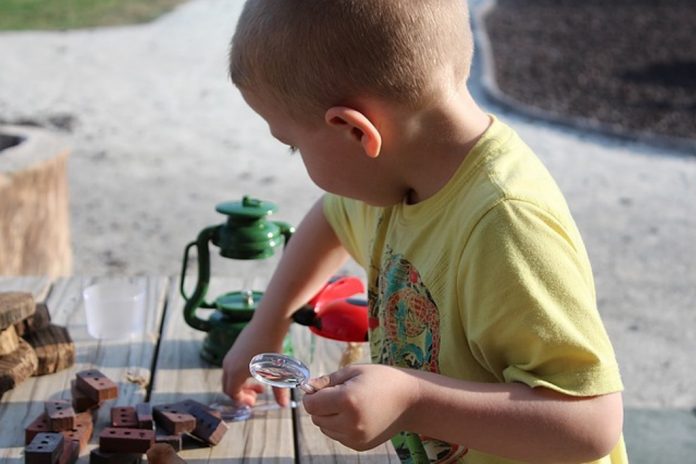
November 10 is not just an extremely special day for science lovers across the world but it is also a day of extreme significance for all those who wish to nurture a society that values the scientific temper and generate awareness on scientific issues and developments amongst the general public. Word Science Day for Peace and Development is observed each year on November 10.
Science as a branch of knowledge has illuminated the world, made it delve deep into the mysteries of the cosmos and look beyond what appears before the naked eyes in the world around us.
Science is not just about experimentation and discoveries, it is about developing a rational, superstition-free, non-religious and non-dogmatic way of looking at the world. From the composition of an atom to the secrets of the galaxies, from a cell to a rocket- science holds the keys for uncovering the reasons behind everything that is unfolding on the earth and beyond.
Science, its development and dissemination is therefore pivotal and extremely vital for the betterment and advancement of the whole of humanity. It therefore become extremely important that the global community not only develops an attitude that is conducive to the propositions of science but also one that encourages and nurtures the scientific temper and imparts the qualities of a scientific temper, the skills of collecting and processing information accurately and solving problems with sharpness of intellect.
One of the keys to cultivating an ecosystem conducive to science is to make it interesting and inviting for children, so that they learn to develop a scientific orientation to life and inculcate inquisitively and criticality as core values. Fostering an ecosystem conducive to science will require us to do several important things such as allowing them an agency in deciding what topics interest them and then allowing them to access games, video-material and learning resources to develop their understanding of the concept, it is also important to encourage children to conduct small scale research as it will help fuel the child’s interest and curiosity.
It is also important to encourage research as part of the day to day life in the home and the school. If teachers and parents give an open hand to children and allow them to conduct research, explore and develop their own taste, it will play a vital role in cultivating the scientific temper. An important quality attached with experimentation is that the learner learns to work from scratch, come up with interesting queries and not be afraid of failing in the process of research, such an attitude becomes both academically and emotionally lucrative for the child and the child develops an organic interest in the subject.
Exploring DO IT YOURSELF(DIY)science projects are an important step and may help lay the foundations for a life-long interest in science. From building working models of the solar system, human digestive system, a wind mill, a turbine run water system or a basic robot to contributing more meaningfully towards conserving the environment and producing compost from waste in one’s own backyard, it can be a stepping stone for developing a fondness for science and cultivating the scientific temper. Engaging in interesting activities, having access to quality books and innovative pedagogic tools can all add to the magic of doing science. Creating such an ecosystem can also establish a strong rapport between teachers and students and parents and children, while laying the foundation for a life long interest in science.









